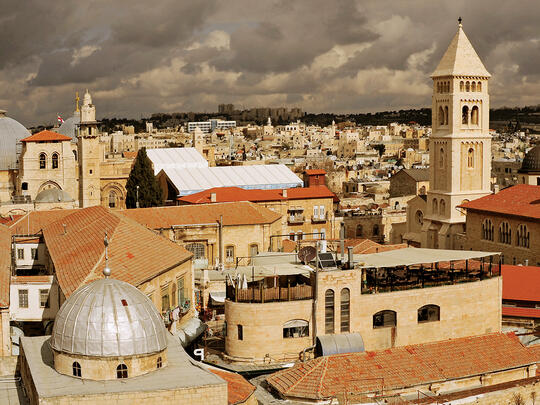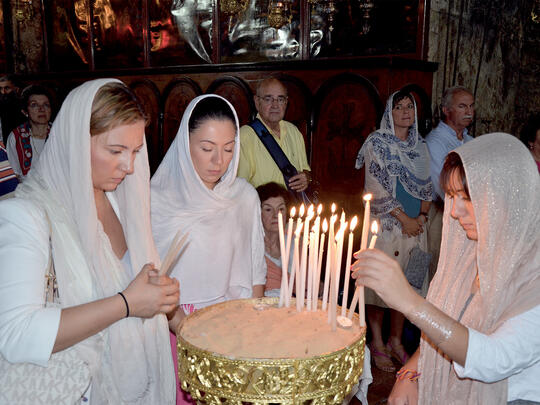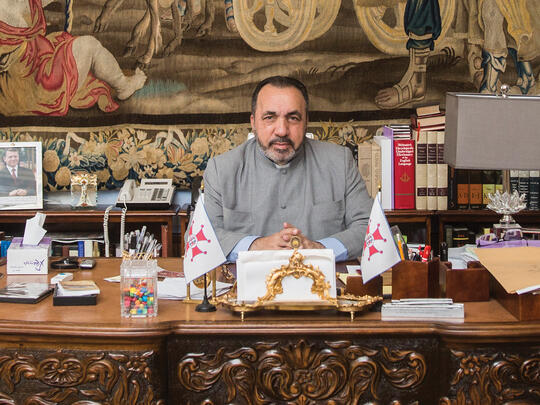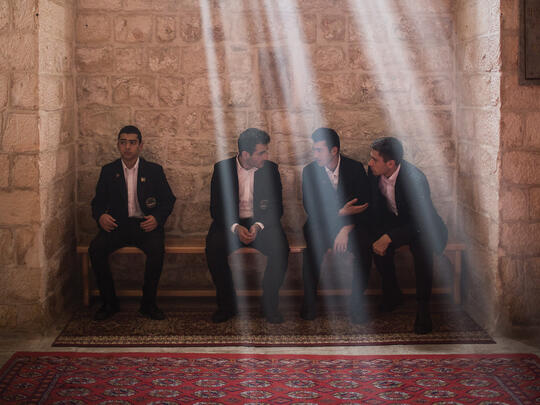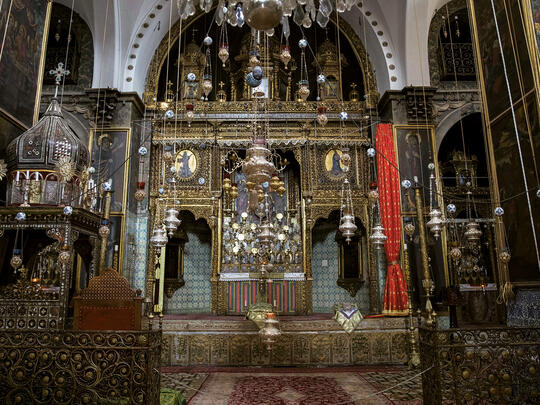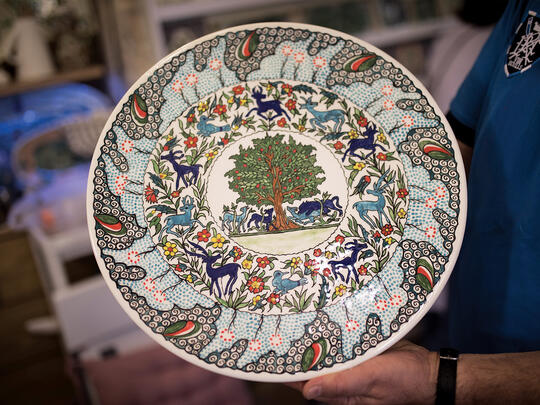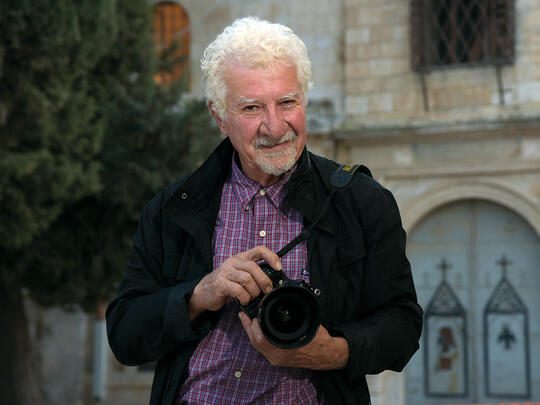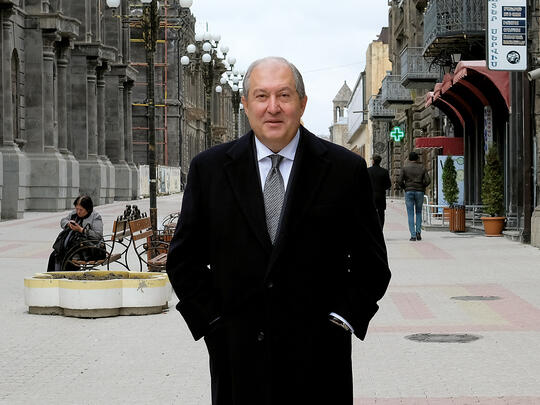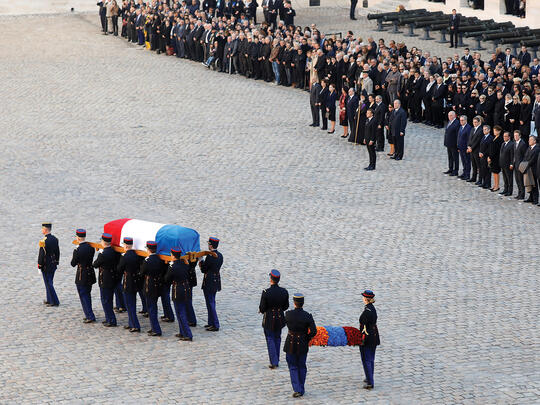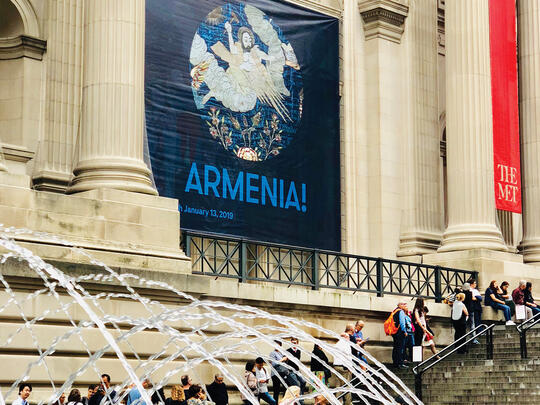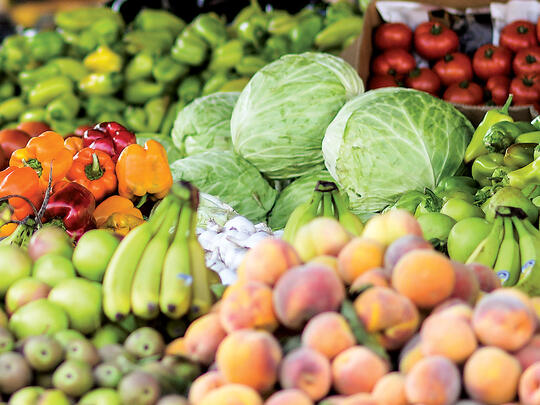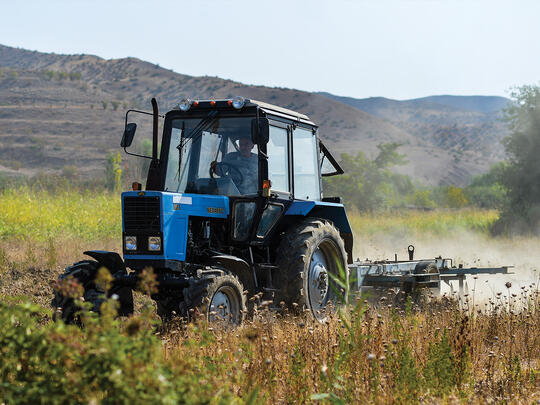
Sepuh Sanosyan
Sepuh Sanosyan is an experienced agronomist who emigrated from Aleppo for Armenia in 2005. When finding that land plots in Armenia didn’t suffice for his plans, he eventually resettled in Kovsokan in Kashatagh province, joining a number of Syrian-Armenian refugees mostly from the region of Mesopotamia. “Here both the climate and suggested land plots with their volumes are suitable, “explained Sanosyan. “At the end of 2012, AGBU introduced the “Tractor Project” here. They provided us with seeds, fuel and free use of the tractors. With that work now an on-going process, I intend to expand my farm. Eight years ago, my brother also immigrated to Artsakh and was provided with a house and plot of land. Now we are working on growing olives just as we did back in Syria. For this effort, AGBU provided us with stems and wires. With such a favorable climate, together we’ll succeed.”

Hovik Asmarian
Hovik Asmarian is a Syrian Armenian refugee who is a horticulturist by trade. He moved to Berkadzor in Askeran province in 2012, joining a brother who had already established an orchard occupying 17 hectares. Their pride and joy is a hybrid species of fruit they introduced themselves. “We called it ‘Love Peach’ because of the love that we put into it”, claims Asmarian, noting that it also was grown from a root from their native Syria. “Not only did the people here love it, but we had a good harvest and were able to export it to Armenia. I should proudly say that people from Armenia come to Artsakh particularly for our fruit, which shows that with courage, you can succeed.” He noted that, when starting out, they invested their own money, but when the time was ripe to buy a house, they took out a bank loan.
When asked whether Artsakh’s climate is favorable for horticulture in general,” Asmarian elaborated. “We have new varieties of almonds and except for citrus, we can grow just about everything. Horticulture is the sector for which you have to invest for years before seeing products,” noting that he and his brother are not displeased and are reinvesting income in the business. “Now we are thinking of opening a Syrian kitchen for tourists visiting Artsakh. Our house is in a busy part of Stepanakert, close to the square and is very suitable for a fast food place.” Asmarian goes on to say that in order to succeed, there are three prerequisites: the will; the diligence; and the confidence. “Some say you have to be crazy to establish a business in Artsakh. But if you are a patriot and believe your country has a future, you can succeed here.”

Aram Verdyan
Aram Verdyan, a native born agro-entrepreneur, explained that it was the renewed hostilities on the border in April 2016, that changed everything for him. “I wanted to be an accountant, but the April war convinced me that one of the ways to keep this land is to make it flourish. So I decided to stay in Martakert and registered as an individual entrepreneur.”
Today Verdyan holds a bachelor’s and master’s degree from the Agricultural University of Shushi specializing in agribusiness. He also completed postgraduate studies in Yerevan. Yet even with all his book knowledge, Verdyan is comfortable working the land directly. “I feel good in nature; it isn’t work for me, but a pleasure. This was the same land that my family started in 2014. We grow wheat, but my education plays a role in its success,” referring to his participation in a harvest festival that earned him a certificate from the the Artsakh Government. “I was inspired by the potential they saw in me and decided to take advantage of the loan program offered to farmers. It was a fertile year that yielded a good harvest, which compensated for the anthropogenic disaster of the April war. My work was assessed in the Pan Armenian Youth Awards ceremony and I was awarded the Best Young Man 2017 prize.
Verdyan also acknowledged that while knowledge is very important, human qualities factor greatly into the success equation. “One should be persistent and not be scared off by difficulties or discouraged in case of failure. We started by cultivating 10 hectares and reached 60. We imported new crops. Our small farm has diversified. Now we produce six crops: wheat; barley; corn; buckwheat; soya; and sunflower. We are planning to produce green peas and peas. Artsakh is favorable for these crops. This will also solve the issue of food security. God forbid, if there is a war, having two crops, which are quite high in nutritional value and keep a human being sustained for a longer time, would solve the most important issue.” So far, Verdyan has already paid off previous debts of his family farm. He is now thinking of investing in new technologies. “By leasing equipment, you cannot cultivate many land plots; 30 to 40 percent of the expenses go to equipment rentals.”
God forbid, if there is a war, having two crops, which are quite high in nutritional value and keep a human being sustained for a longer time, would solve the most important issue.
When contemplating the role of the Diaspora in developing Arstakh’s agriculture sector, Verdyan says, “the world is developing rapidly, we cannot keep pace. If specialists in the Diaspora are willing to transfer their own experiences to us from time to time, we welcome it.”


